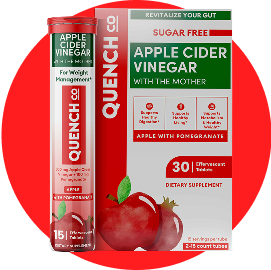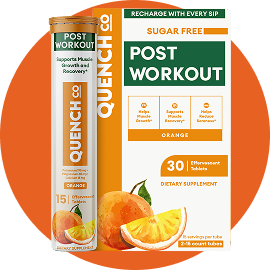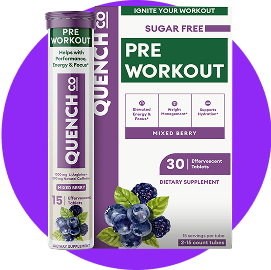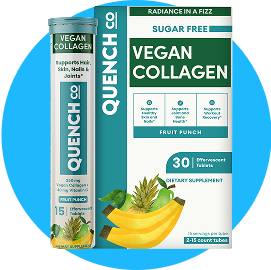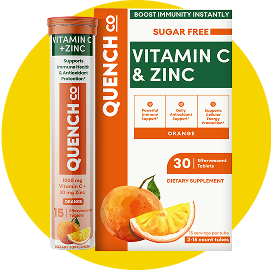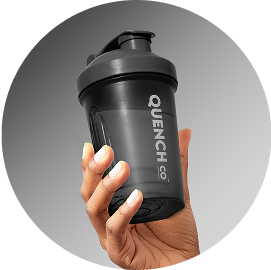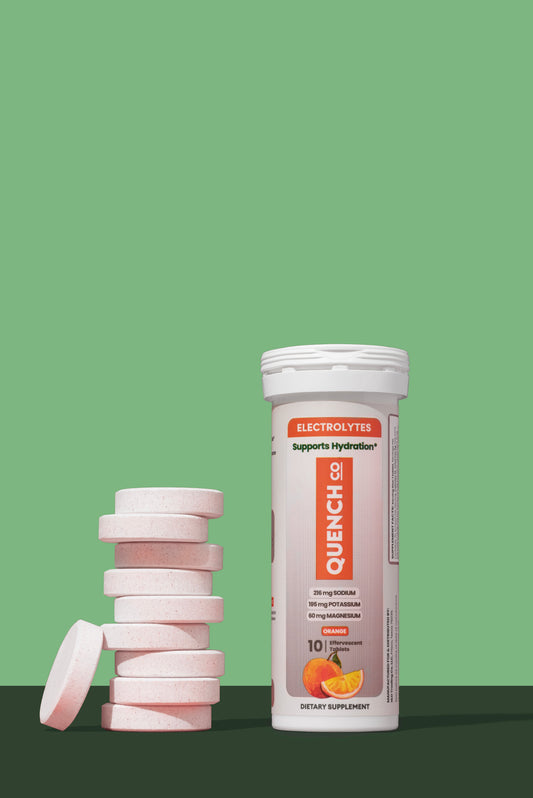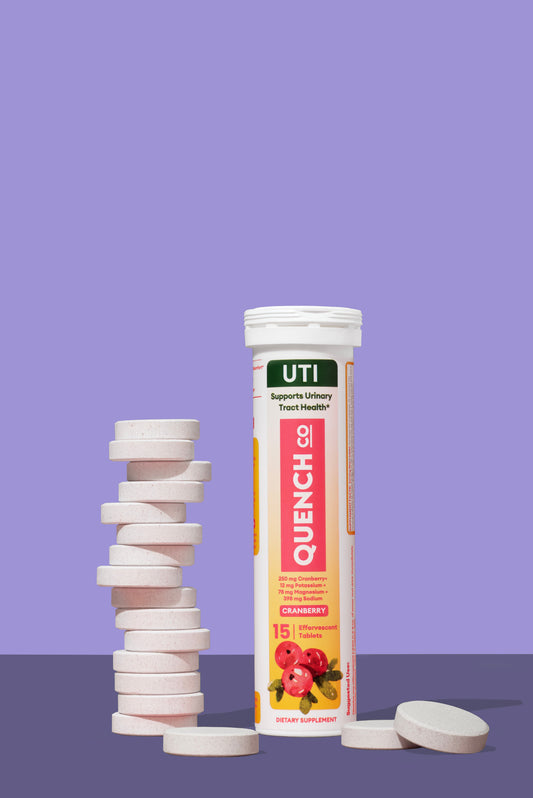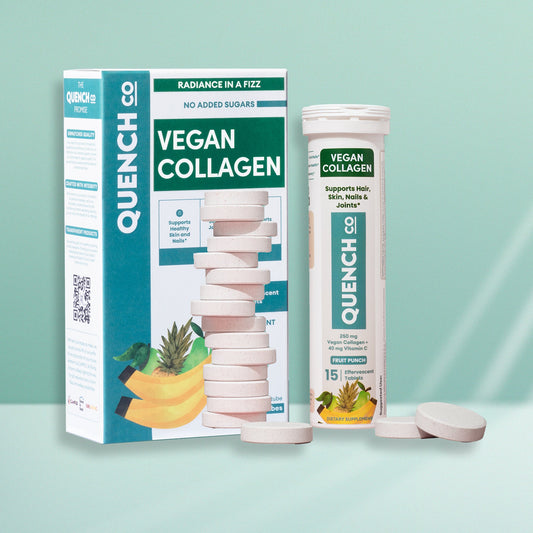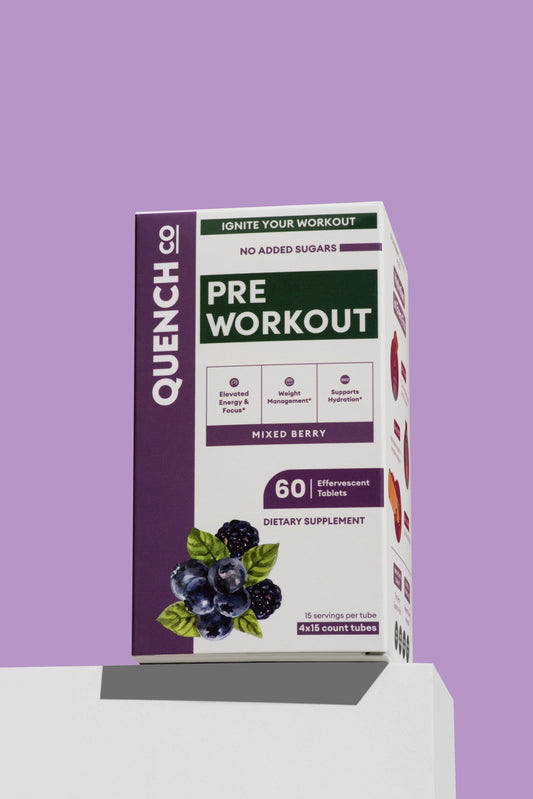Dietary tablets, also known as nutritional supplements, are products designed to provide essential nutrients that may be lacking in a person's diet. These tablets come in various forms, including vitamins, minerals, amino acids, and herbal extracts. But how do they work, and are they necessary for everyone?
What are Dietary Tablets?
Dietary tablets are concentrated sources of nutrients that are intended to supplement the diet. They are not meant to replace a healthy diet but rather to fill in the nutritional gaps that may exist. These tablets can come in the form of capsules, tablets, powders, or liquids, and are often labeled with specific health claims.
How Do Dietary Tablets Work?
When taken as directed, dietary tablets can help individuals meet their daily recommended intake of essential nutrients. For example, vitamin C tablets can help boost the immune system, while calcium tablets can support bone health. The body absorbs these nutrients and uses them for various functions, such as energy production, immune support, and tissue repair.
Who Should Consider Taking Dietary Tablets?
While dietary tablets can be beneficial for certain populations, such as pregnant women, older adults, or individuals with specific nutrient deficiencies, they are not necessary for everyone. Most people can meet their nutritional needs through a balanced diet rich in fruits, vegetables, whole grains, and lean proteins. However, some individuals may benefit from supplementing with specific nutrients based on their unique health needs.
Are Dietary Tablets Safe?
When taken as directed, dietary tablets are generally safe for most individuals. However, it is important to consult with a healthcare provider before starting any new supplement regimen, especially if you have underlying health conditions or are taking medications. Some dietary tablets may interact with certain medications or have side effects if taken in excess.
Key Takeaways
Understanding dietary tablets is essential for making informed decisions about your health and wellness. While these supplements can be beneficial for some individuals, they are not a substitute for a healthy diet. It is important to consult with a healthcare provider before starting any new supplement regimen to ensure that it is safe and appropriate for your individual needs.


